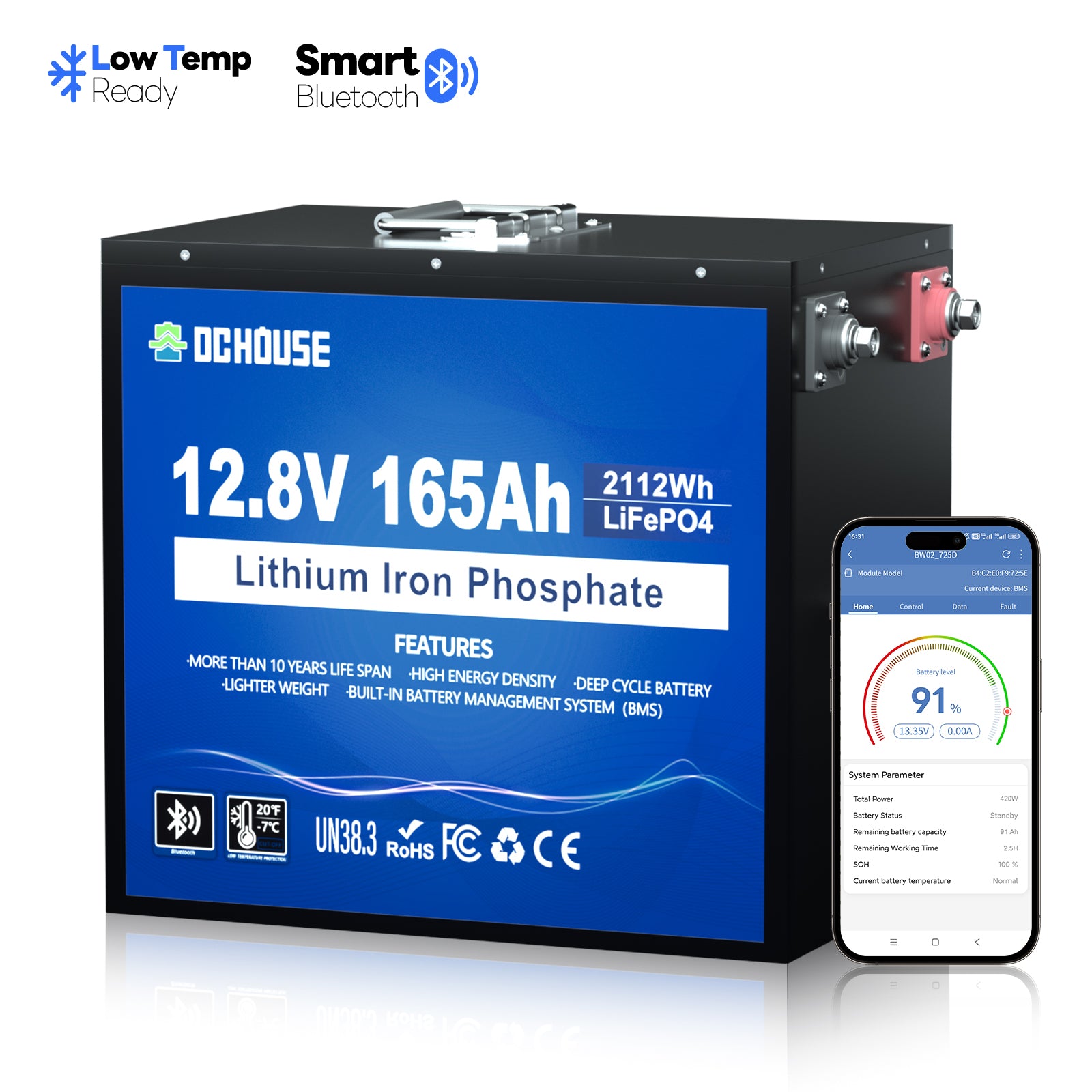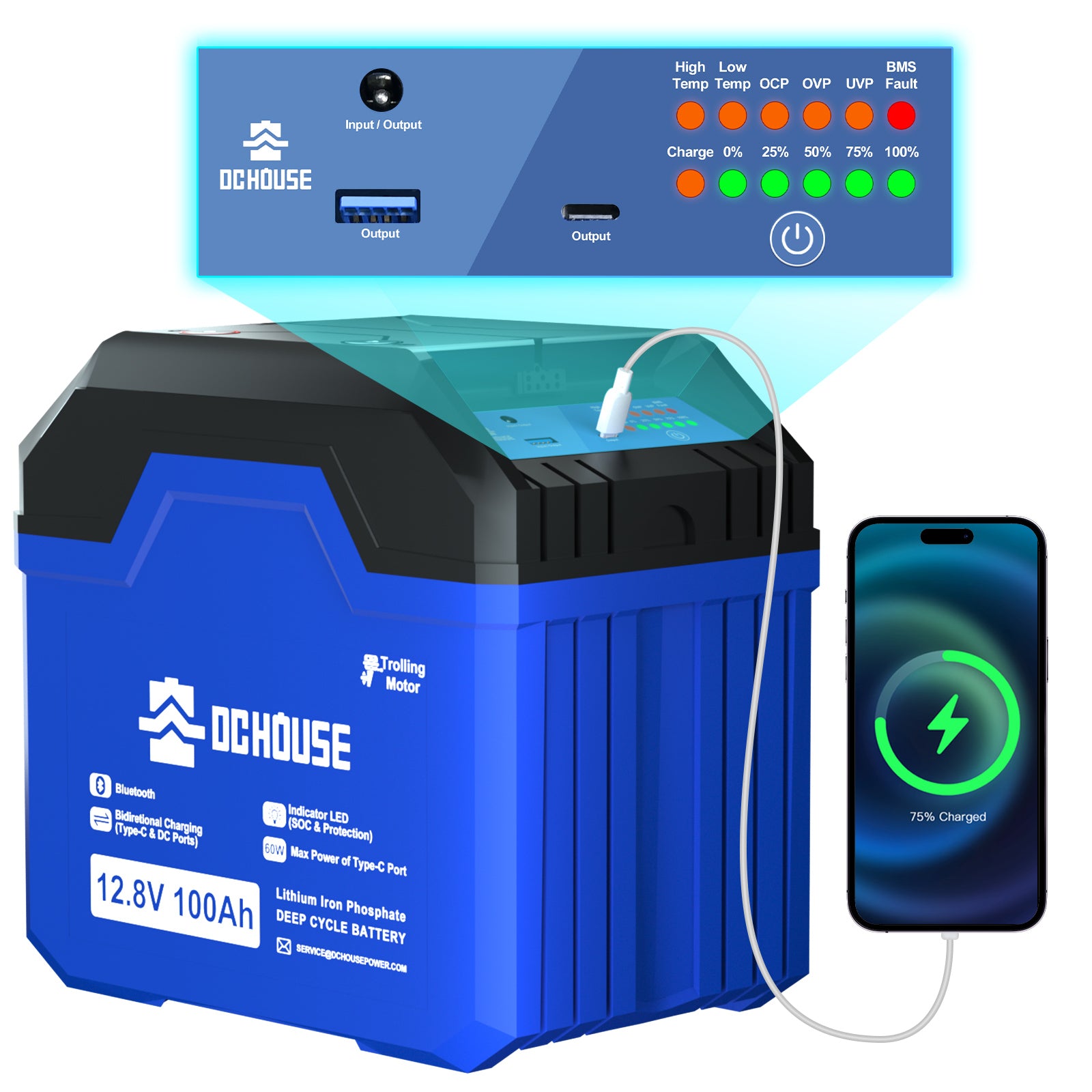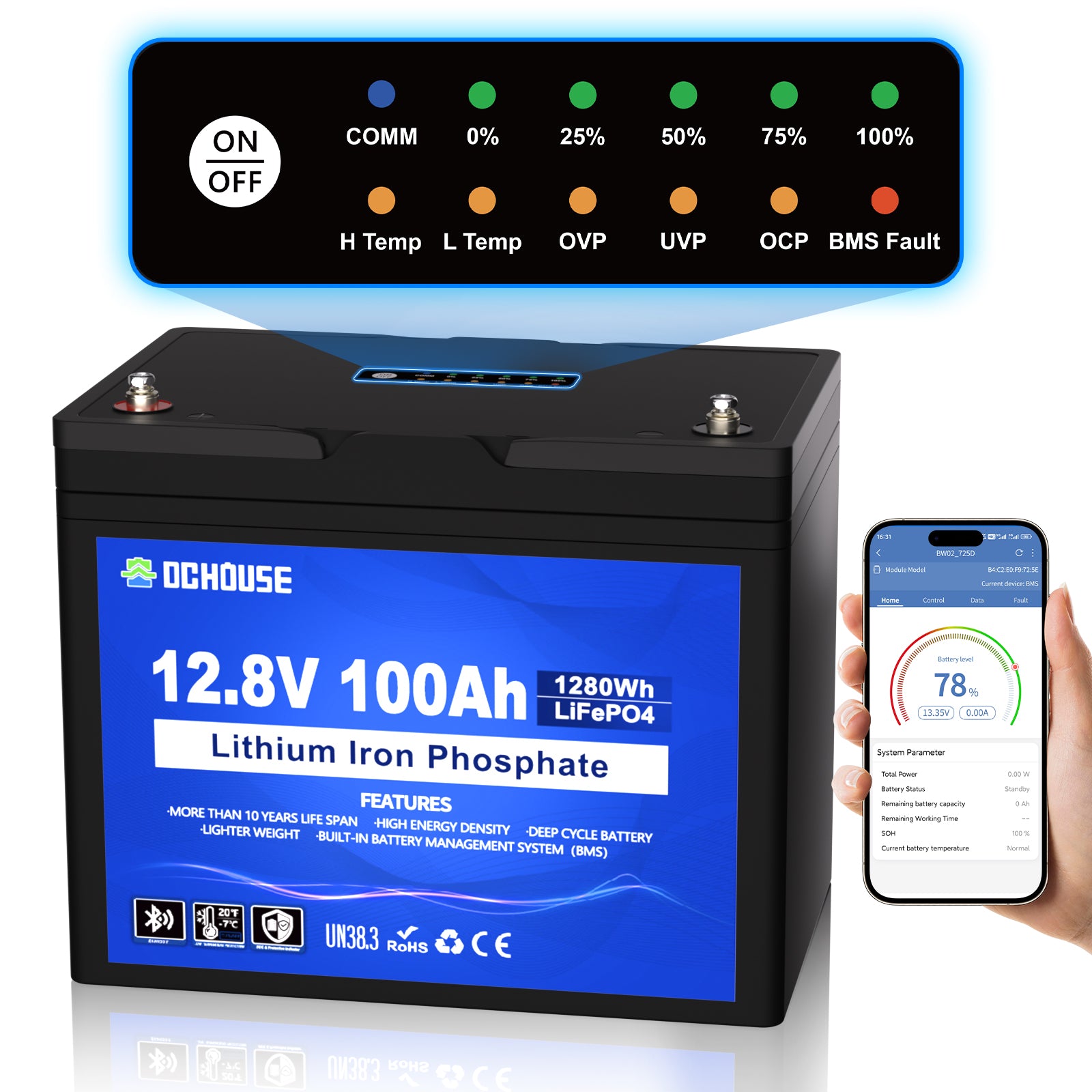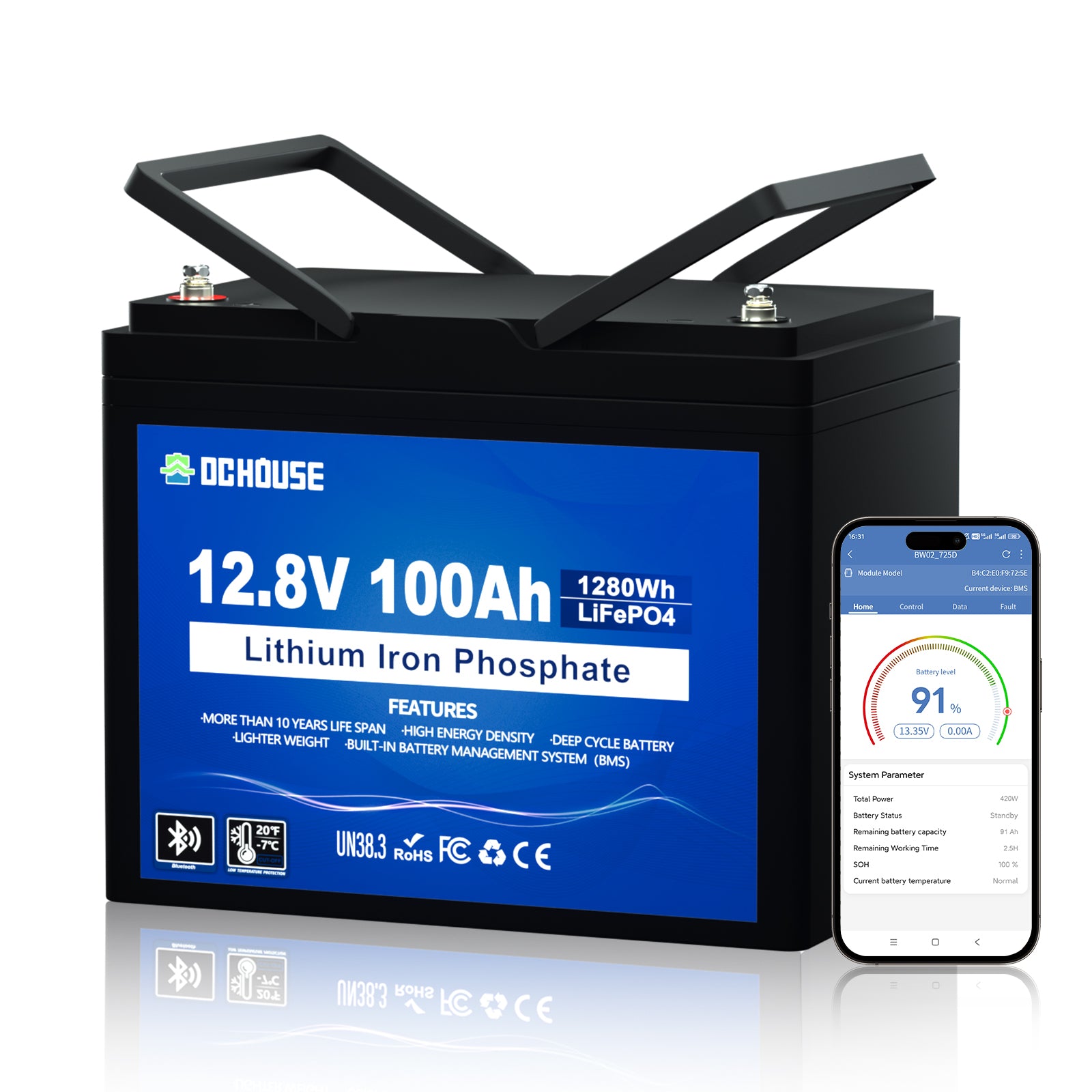My cart 0 ithems
Translation missing: zh-CN.cart.general.empty
Others also bought

24V 100Ah Deep Cycle Bluetooth LiFePO4 Lithium Battery

12V 200Ah Deep Cycle LiFePO4 Lithium Low Temp Protection Battery

12V 165Ah Deep Cycle LiFePO4 Bluetooth & Low Temp Protection Battery

12V 150Ah with Bluetooth, SOC Indicators & Low Temp Protection

12V 100Ah 3.0 Portable Deep Cycle LiFePO4 Bluetooth & Low Temp Protection Battery

12V 100Ah with Bluetooth, SOC Indicators & Low Temp Protection

12V 100Ah Deep Cycle LiFePO4 Bluetooth & Low Temp Protection Battery

12V 100Ah Deep Cycle LiFePO4 Lithium Battery

12V 50Ah 2.0 Portable Bluetooth & Deep Cycle LiFePO4 Lithium Battery

12V 30Ah LiFePO4 Deep Cycle Battery with DC Port, Low Temp Cut-Off

12V 12Ah Deep Cycle LiFePO4 Lithium Battery, with Fuse Harness & DC Port


 UK
UK
 DE
DE
 FR
FR
 CA
CA
 ES
ES
 IT
IT
